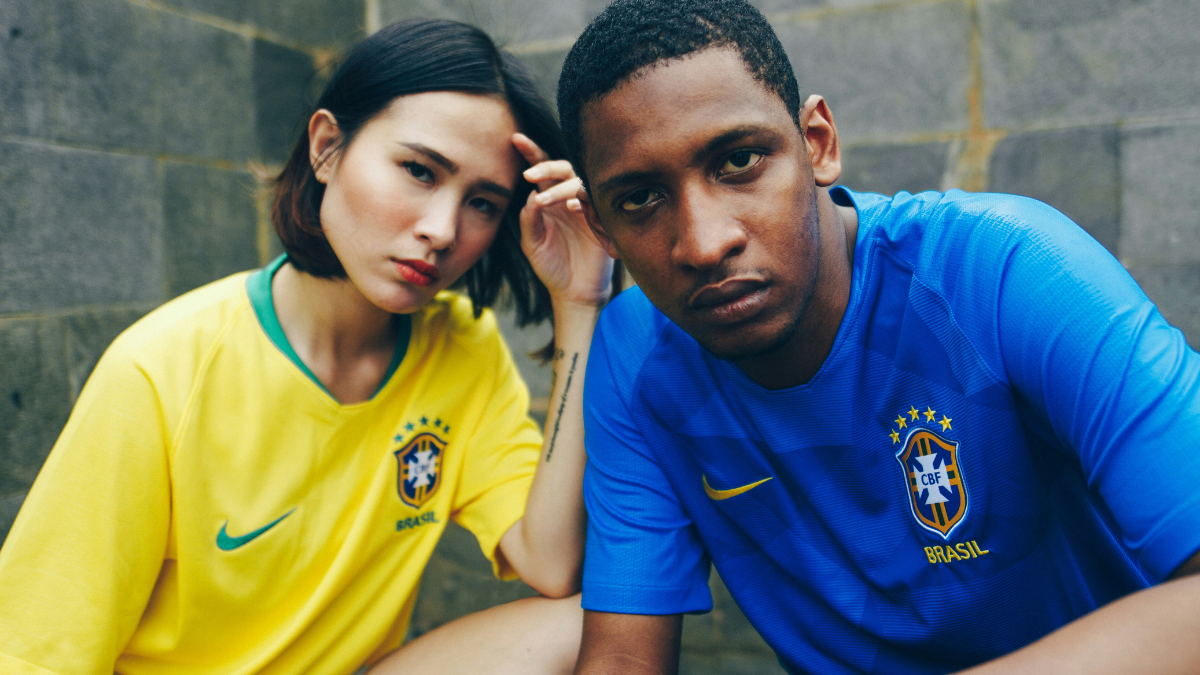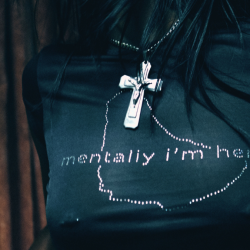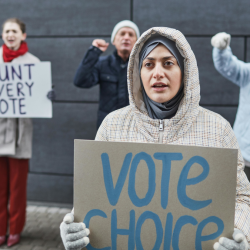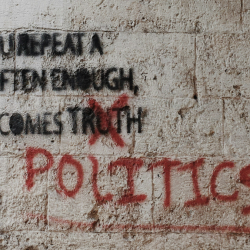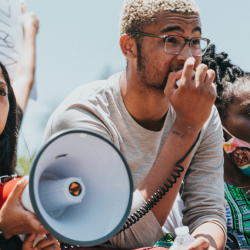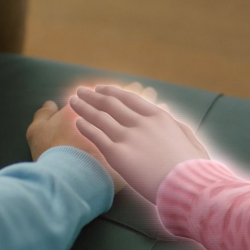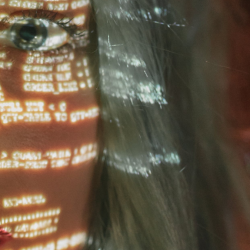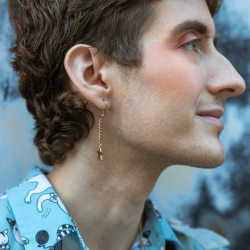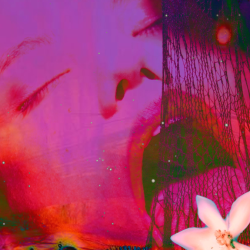The state of discontent is defined as being regretful, restless, uneasy and dissatisfied with our lives, our circumstances and most importantly, ourselves. We are bombarded (averse as we are to using the off button) by heartbreaking, sometimes terrifying bulletins of poverty, famine, injustice and tyranny, but for many more millions these are times of the highest standards of living and abundant possibilities. So why do so many studies show that we are unhappy, sometimes fearful about our present and our future?
Developing technology has enabled so much in the modern world, and social media in particular has enabled us to support and promote good causes, give a voice and an audience to the under-represented, connect with lost contacts or those going through trials similar to our own and to coo over a newborn on the other side of the world. It’s still a relatively new phenomenon, and it may be many years before data shows us what long-lasting impact this way of communication and connectivity will have on us all. Along with the positives, it’s already apparent that there are some aspects of this method of connectivity that can be damaging. They can be divisive, intrusive and sometimes sinister.
Comparison is a widespread yet dangerous fascination (some say addiction) that has infiltrated almost every age group
What are others wearing, eating and buying, which resort are they flying off to, what is the state of their relationship. Our attention span and focus has to dart between very short, often one-sided snippets of information (with a clear allegiance to a particular sponsor or promoter), and rapid-fire adverts for products and services we never knew we needed. The authors of these stories are sculpting a bite-size narrative that sells a brand (themselves) rather than a unique individual. We may be able to trust what we see and read about a cousin’s wedding, but can we say the same about so-called celebrities or worse still, total strangers?
We seem to have become increasingly insecure and doubtful about our validity and worth. We can squander our time looking for it in the wrong places, or we can seek out genuine and meaningful storytelling that accurately reflects our ordinary yet wonderful lives. We have never been so wealthy in terms of access to creative, positive, enriching and affirming narrative. Stories that promote, encourage and celebrate without an obvious interest in commercial reward. We need these storytellers who can share their characters and plots without cynicism or self-interest.
We need to regain confidence in our own intuition and abilities
There is a real fear that we are raising a generation afraid of the world and all its harms. Survival depends on unsolicited counsel, questionable labels and physical props such as the ubiquitous signs hung in every room telling us, in loopy script, that we’re doing great and we are good enough. No wonder our children, young adults and even those who consider themselves more worldly wise, wrestle with crises of confidence and feelings of overwhelm. The bar of perceived success has never been so high.
It may be a cliche but giving is by far the best way to receive — a sense of connection, purpose and confirmation that we can make others’ lives better by small acts of generosity. We need to trust our instincts, rely on our innate strengths and do more of the things that enrich our days. Giving a stranger a smile, really listening to a troubled friend or supporting a good cause will result in so much more contentment that scrolling images of cats in pirate costumes or searching for a potion to rejuvenate us overnight.
We have our own ability to slow down, simplify, seek out the good news, be genuine, listen. Even in a perilous world there are always things to inspire us, make us feel awe and wonder, give us hope and positivity and through all of these things, achieve happiness. Be the story, share the story.
Featured image: A Leap From The Lion’s Head / Indiana Jones and the Last Crusade (1989)






















